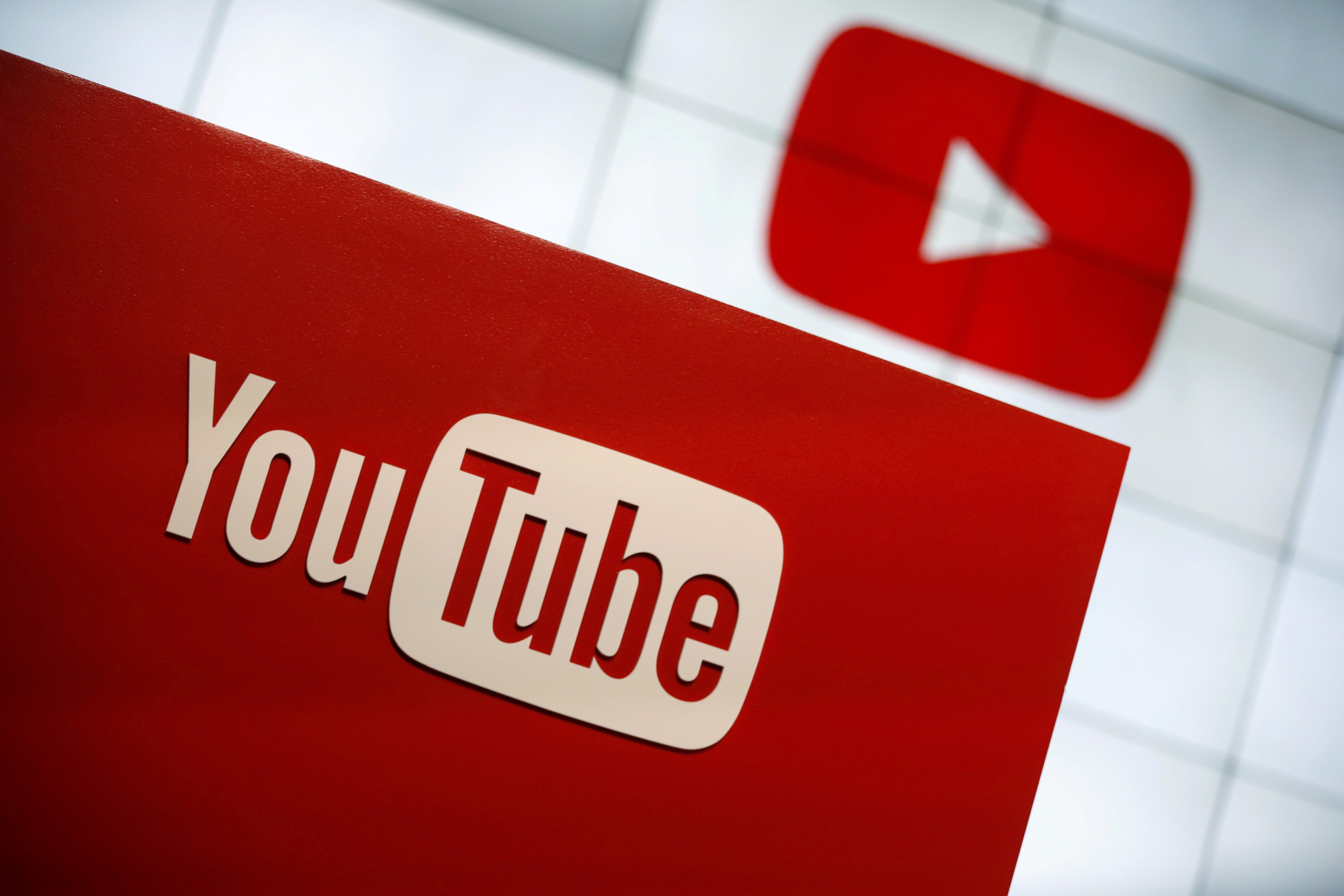Kremlin threatens to ban YouTube after RT channels are blocked
Moscow said YouTube’s move to ban two of RT’s German-language channels over Covid misinformation was the start of a ‘media war declared by the German government’

Russia took a step closer to China-style internet restrictions on Wednesday, with a threat to block social media channel YouTube.
The move came in response to the tech giant’s decision to ban two German-language channels belonging to the Kremlin-funded RT network, but it followed a campaign of increasing pressure on the platform.
In a statement, Russia’s media watchdog Roskomnadzor said YouTube’s decision to remove channels RT DE and Der Fehlende Part violated “fundamental rights of freedom and access to information”. It demanded the hosting platform’s parent company, Google/Alphabet, reinstate both channels “in quick time”, or face the consequences.
“If the warning is not heeded ... legislation provides for measures of full or partial restriction of access,” the ultimatum read.
YouTube’s decision to block the RT channels over what it described as a “violation of Covid-19 misinformation policies” induced a blistering battle cry from the network’s combative chief Margarita Simonyan on Tuesday evening.
The move was the start of a “media war ... declared by the German government on Russia”, declared the influential executive, demanding that her bosses send their own (figurative) missiles in response. Banning Deutsche Welle and other German media from working in Russia would be a good place to start, she suggested.
A spokesperson for the Russian foreign ministry agreed that a forceful response was necessary. Moscow had “no doubt” that the move to block RT’s channels was made with the “open and tacit support of the German authorities and local media”, the spokesperson said, claiming that the aim was to “muffle” information sources that did not correspond to “a comfortable media background for the German official elite”.
A shift in habits over the last decade has seen state television haemorrhage audiences to unregulated and largely uncensored online platforms such as YouTube. That has presented an existential problem for propaganda bosses, who are increasingly focused on bringing such platforms to heel.
The current battle with YouTube is not the first time authorities have picked a fight with big tech. But if an early campaign against Telegram in 2018 ended in calamity – with regulators bringing down large parts of the local internet in their efforts to block the messenger app – a more recent operation against Twitter in March this year suggests online censors are learning fast.
Following unheeded warnings to remove political tweets, the micro-messaging platform’s bandwidth was restricted, leaving it operating at a snail’s pace within Russia. To this day, it is impossible to view media without the use of technical go-arounds such as VPN.
Join our commenting forum
Join thought-provoking conversations, follow other Independent readers and see their replies
0Comments